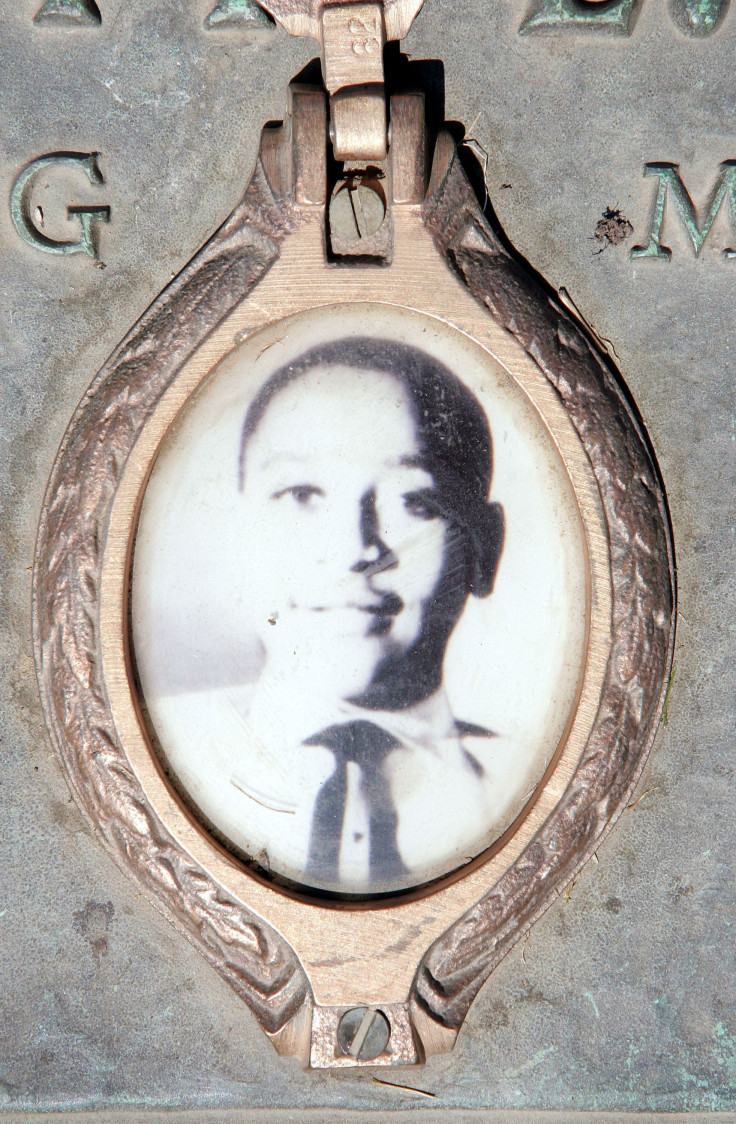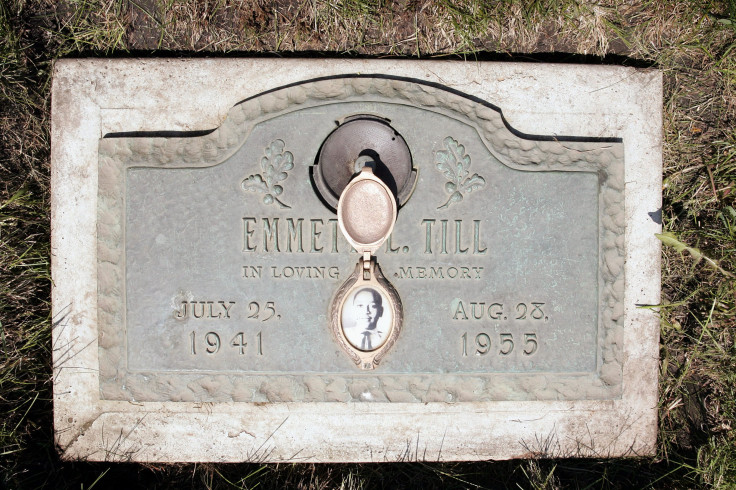Who Is Emmett Till? Truth About Lynching Of Young Boy Revealed By New Book

Years in the making, a newly released book has revealed the truth about the landmark case involving the horrific murder of a young black boy named Emmett Till in 1955. Till, merely 14 years old at the time, was kidnapped, beaten, tortured and lynched after a white woman claimed he had made sexual comments toward her and grabbed her in a store in Mississippi.
That woman, Carolyn Bryant Donham, now 82 years old, has since admitted those things never happened. “That part’s not true,” she told author Timothy Tyson, a Duke University senior research scholar, in 2007. The admission lies at the center of Tyson’s book, "The Blood of Emmett Till," released last week.
After being brutally tortured, Till was shot and his body thrown in the Tallahatchie River. Donham’s husband, Roy Bryant, and his half-brother were charged for the crime. They were ultimately acquitted by an all white, all male jury, though they went on to admit to the murder in Look Magazine years later.

The heinous murder was a turning point for the civil rights movement. Numerous civil rights leaders stepped forward to help conduct a secret search for black witnesses in the case who were willing to come forward. Till’s mother, Mamie Mobley, insisted her son’s battered body be displayed in an open casket as a testament to the evils that lurked in the U.S. Only 100 days after Till’s death, Rosa Parks was arrested for refusing to give up her seat on a bus for a white man. Till’s casket was eventually moved to the Smithsonian, a tribute to the horrific moment that catalyzed a movement.
Despite ultimately admitting to lying, Donham doubled down on her claims when the Justice Department and the FBI opened a new investigation into the case in 2004. The case was closed once again in 2007 after a grand jury declined to hand down any indictments.
Though the case hinged on her untrue testimony, it’s unlikely Donham will face criminal charges. Her whereabouts are currently being kept under wraps, and the five-year statute of limitations on false testimony has long since passed.
SaveSaveSaveSave
© Copyright IBTimes 2024. All rights reserved.






















